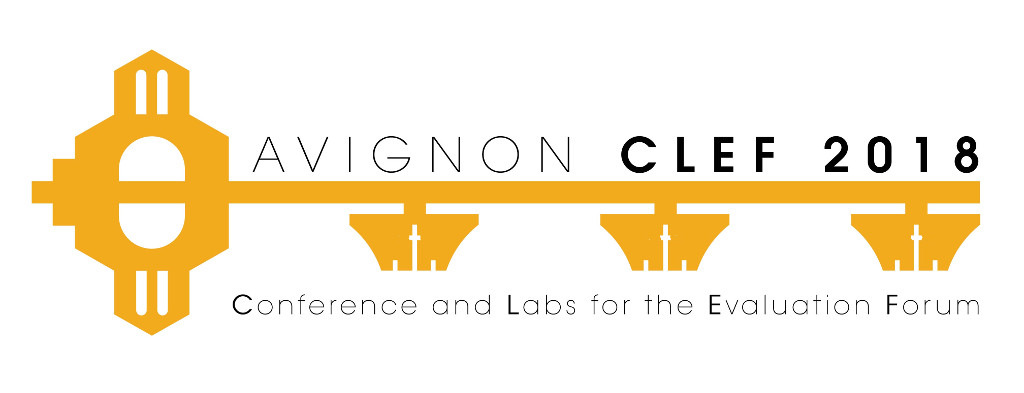Tanbih’s team published a new paper studying the importance of modeling the context of the claims made in political debates. Below is the abstract of the paper:
“Recent years have seen the proliferation of disinformation and fake news online. Traditional approaches to mitigate these issues is to use manual or automatic fact-checking. Recently, another approach has emerged: checking whether the input claim has previously been fact-checked, which can be done automatically, and thus fast, while also offering credibility and explainability, thanks to the human fact-checking and explanations in the associated fact-checking article. Here, we focus on claims made in a political debate and we study the impact of modeling the context of the claim: both on the source side, i.e., in the debate, as well as on the target side, i.e., in the fact-checking explanation document. We do this by modeling the local context, the global context, as well as by means of co-reference resolution, and multi-hop reasoning over the sentences of the document describing the fact-checked claim. The experimental results show that each of these represents a valuable information source, but that modeling the source-side context is most important and can yield 10+ points of absolute improvement over a state-of-the-art model.”
Read more: https://aclanthology.org/2022.findings-naacl.122.pdf




